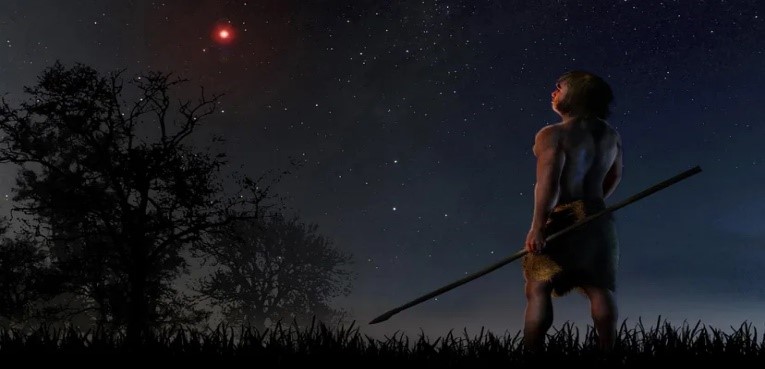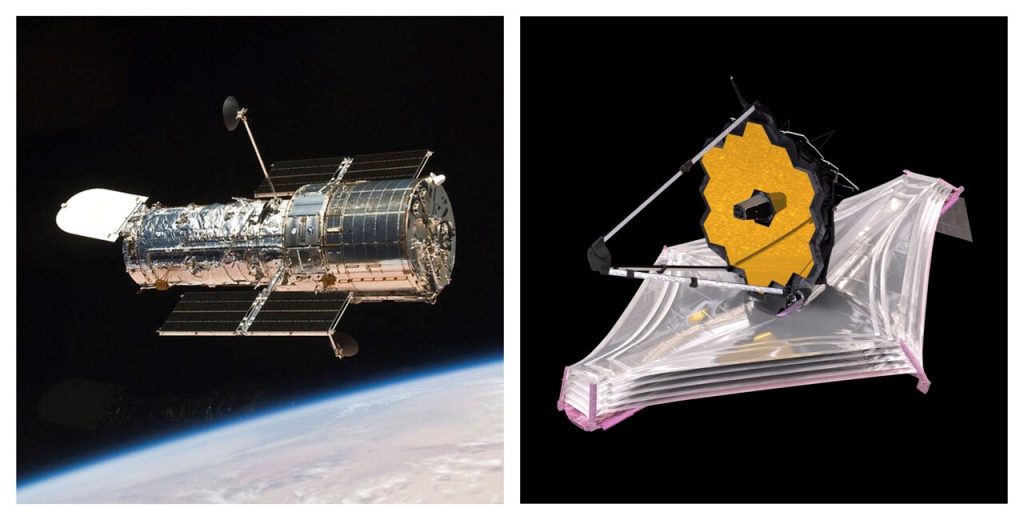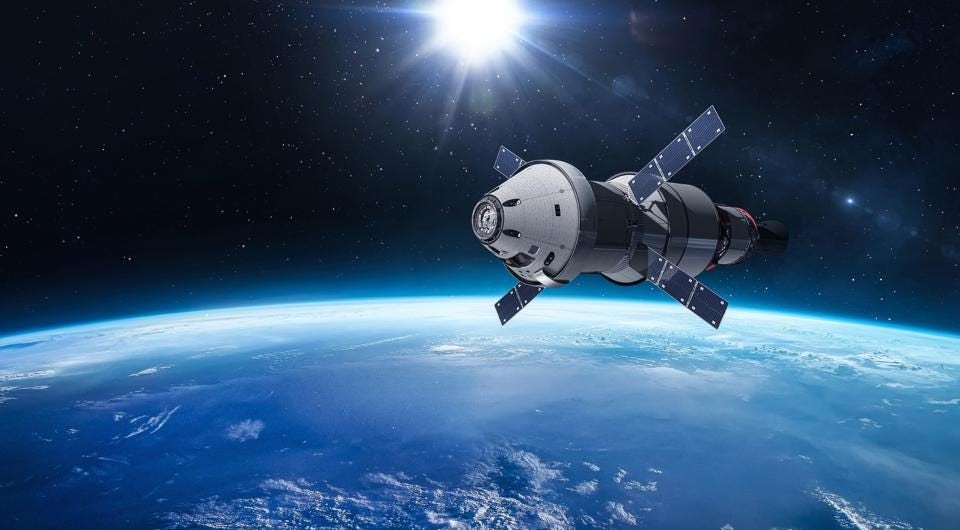The late president of the United States of America John F. Kennedy said ‘If this capsule history of our progress teaches us anything, it is that man and his quest for knowledge and progress is determined and cannot be deterred. The exploration of space will go ahead, whether we join in it or not. And it is one of the great adventures of all time.
Our enthusiasm with space is as old as the human race itself, decades ago our ancestors could not stop but marvel at the beauty of the night sky; the thousands of stars and marvelous shooting stars. Nobody is really sure how old the human race is but somewhere along its long history humans invented writing. This was a very big game changer; they could pen down their hard thoughts and the most disturbing questions.
Early human cultures identified celestial objects with gods and spirits. They related these objects and their movements to phenomena such as rain, drought, seasons, and tides. It is generally believed that the first astronomers were religious priests, and that they understood celestial objects and events to be manifestations of the divine.

During the renaissance period, astronomy began to undergo a revolution in thought known as the Copernican Revolution, which gets the name from the astronomer Nicolaus Copernicus, who proposed a heliocentric system, in which the planets revolved around the Sun and not the Earth. His De revolutionibus orbium coelestium was published in 1543.
Galileo Galilei was among the first to use a telescope to observe the sky, and after constructing a 20x refractor telescope. He discovered the four largest moons of Jupiter in 1610, which are now collectively known as the Galilean moons, in his honor.
This discovery was the first known observation of satellites orbiting another planet. He also found that the Moon had craters and observed, and correctly explained sunspots, and that Venus exhibited a full set of phases resembling lunar phases.
Modern age of space exploration
The 20th century was revolutionary, with the launch of sputnik satellite and Apollo missions to the moon. Scientists began discovering forms of light which were invisible to the naked eye: X-rays, gamma rays, radio waves, microwaves, ultraviolet radiation, and infrared radiation.
This had a major impact on astronomy, spawning the fields of infrared astronomy, radio astronomy, x-ray astronomy and finally gamma-ray astronomy. With the advent of spectroscopy it was proven that other stars were similar to the Sun, but with a range of temperatures, masses and sizes.
The Sun was found to be part of a galaxy made up of more than 1010 stars (10 billion stars). The existence of other galaxies, one of the matters of the great debate, was settled by Edwin Hubble, who identified the Andromeda nebula as a different galaxy, and many others at large distances and receding, moving away from our galaxy.

The Hubble Space Telescope (left) is a space telescope that was launched into low Earth orbit in 1990 and remains in operation. It was not the first space telescope, but it is one of the largest and most versatile, renowned both as a vital research tool and as a public relations boon for astronomy.
The James Webb Space Telescope (right) is a space telescope currently conducting infrared astronomy, launched in 2021. As the largest optical telescope in space, it is equipped with high-resolution and high-sensitivity instruments, allowing it to view objects too old, distant, or faint for the Hubble Space Telescope. As far back as 300 million years after the big bang.
Benefits of deep space exploration
It has been argued that space colonization is a means of ensuring the survival of human civilization given a planetary disaster. Colonizing other planets allows for the dispersal of humans and thus increases the likelihood of survival given a planetary disaster.
Furthermore, the availability of additional resources that can be mined from space could potentially expand the capabilities of humans and largely benefit society. Leveraging these resources and moving high polluting industries to space could reduce the emissions on earth and ultimately lead to finding cleaner energy sources.
The primary blockers to colonizing space include technological and economic challenges. NASA’s Artemis program aims to land another man and the first woman on the moon by 2024 and eventually establish sustainable space travel by 2028. The Artemis program is NASA’s stepping stone to their ultimate goal of landing on Mars.
Limitations of deep space exploration
The future possibilities for deep space exploration are limited by a set of technical, practical, astronomical, and human limitations, which define the future of crewed and uncrewed space exploration. As of 2022, the farthest any human-made probe has traveled is the current NASA mission Voyager 1, 23.61 billion km (14.67 billion mi), around 157.8 AU, from Earth, while the nearest star is around 4.24 light years away, that is the equivalent of 268142.2 AU.
The Private Sector and Space Commercialization
NASA together with other space agencies e.g., JAXA, Canadian Space Agency, UK Space Agency, ISRO etc. have placed the challenge of commercializing space to the private space industry with the hopes of developing innovations which help improve human living conditions in space.
Commercialization of space in the private sector will lead to reducing flight costs, developing new methods of sustaining human life in space, and will provide the opportunity for tourists to experience Low Earth orbit travel in the future. Private companies such as SpaceX, Blue Origin and Virgin Galactic are the leading contenders.
About the author
Matthew Ouma Okumu, is a 3rd year nursing student at Mount Kigali University and a science enthusiast, whose aspiration is to inspire others through creating awareness about science in the different fields; to help better the course of humanity on planet earth and our position in the universe.





